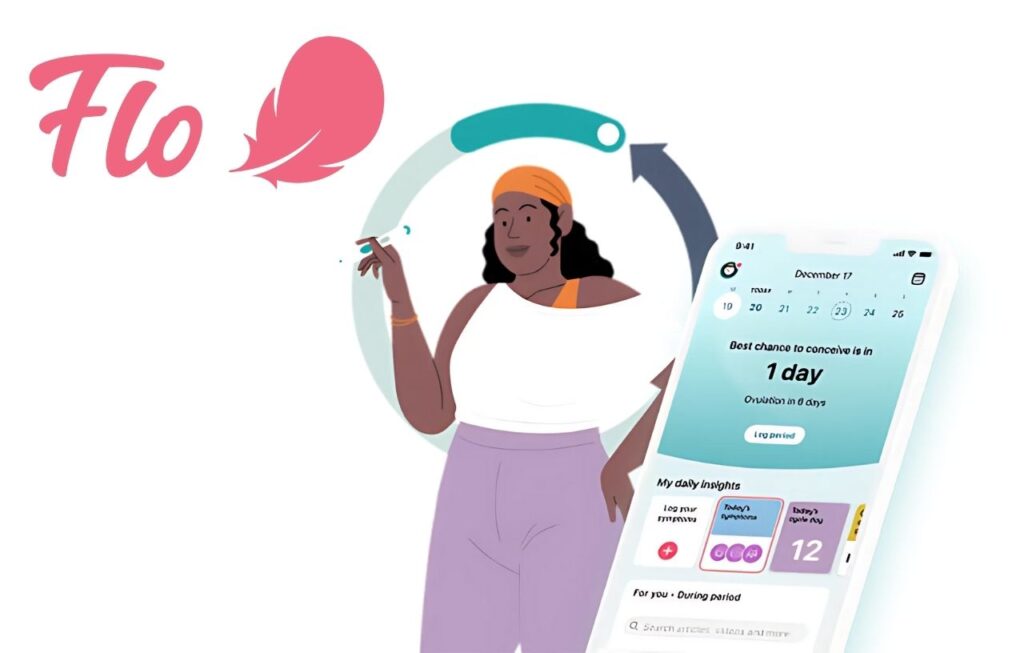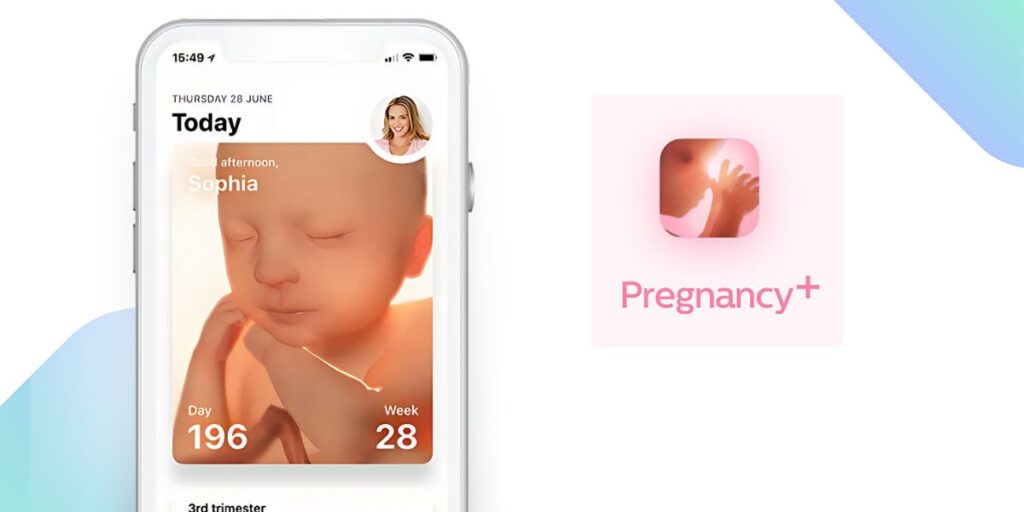Anúncios
When doubts arise about a possible pregnancy, many women feel surrounded by intense emotions.
After all, does that missed period, sudden fatigue, or breast tenderness really mean the first signs of pregnancy?In this comprehensive article, you will learn how to recognize the most common symptoms in the first weeks, understand how to distinguish them from other conditions, and know which steps to take to confirm the result safely.
What Are the First Signs of Pregnancy?
The first signs of pregnancy are changes in a woman’s body caused by rising hormones, especially progesterone and estrogen, after fertilization.
Anúncios
Although every body reacts differently, symptoms commonly begin to appear between the 3rd and 6th week of gestation.
These signs are not only physical indicators: they also affect emotions and can vary in intensity. Some women notice subtle changes, while others experience more pronounced symptoms in the very first days.
Anúncios
Main Symptoms in the First Weeks
Missed Period
The best-known symptom and often the first to be noticed.
If your cycle is regular and your period is late, this may indicate pregnancy.
Note: stress, hormonal fluctuations, and routine changes can also cause delays.
Nausea and Vomiting

Commonly called “morning sickness,” nausea can occur at any time of day.
This symptom arises due to hormonal changes, especially an increase in the hormone hCG (human chorionic gonadotropin).
Many pregnant women report improvement after the first trimester.
Staying hydrated and eating smaller, more frequent meals can help relieve symptoms.
As explained by the NICHD/NIH, these discomforts are very common in the first trimester and usually decrease afterward.
Intense Fatigue
Increased progesterone puts the body into high gear to prepare the uterus and protect the baby.
This produces unusual tiredness, even after only a short period of activity.
If your body signals that it needs rest, it’s important to honor that.
Breast Tenderness and Swelling
Breasts may become fuller and sore due to increased blood flow and hormonal changes.
This tenderness is often one of the first pregnancy symptoms reported by women.
Additionally, the areolas may darken and veins in the area can become more noticeable.
Changes in Taste and Smell
Unexpected changes in tastes and smells are common:
-
Strong cravings for certain foods.
-
Aversions to foods that were previously favorites.
-
Increased sensitivity to strong odors such as perfumes or coffee.
Mood Swings
With hormones in full activity, mood can shift rapidly.
It’s common to feel happy one moment and, shortly after, sensitive or irritable.
These emotional changes are part of the process but can be challenging to daily life.
Frequent Urination
The body increases blood flow to the kidneys and the bladder becomes more sensitive to pressure from the uterus.
This is a common symptom from early on and tends to intensify throughout pregnancy.
Heightened Sense of Smell
Many women report that certain smells become stronger or even unbearable.
This heightened olfactory sensitivity is typical in the first weeks and may be linked to nausea.
How to Differentiate Pregnancy Symptoms from Other Conditions
Signs are not always clear because many can be confused with other health issues:
-
Missed period: can be caused by stress or hormonal changes.
-
Nausea: may also be related to gastritis or food poisoning.
-
Fatigue: common during periods of stress or poor nutrition.
The main tip is to observe persistence and the combination of symptoms. When several appear together and persist for a few days, the suspicion of pregnancy becomes stronger.
When Is the Right Time to Take a Pregnancy Test?
- An over-the-counter pregnancy test can be taken from the first day of a missed period.
- For greater accuracy, it’s recommended to wait at least one week after the missed period.
- Blood tests (beta-hCG) are even more reliable and can detect pregnancy earlier.
What to Do After Noticing Signs of Pregnancy
-
Confirm with an over-the-counter or blood test.
-
Schedule a medical appointment to begin prenatal care.
-
Adopt healthy habits: balanced diet, adequate hydration, and proper rest.
-
Avoid self-medication, as some drugs can harm the pregnancy.
Important Care in the First Weeks
-
Maintain a balanced diet rich in vitamins and minerals.
-
Avoid alcohol, smoking, and excessive caffeine.
-
Start folic acid supplementation as directed by your doctor.
-
Do light activities such as walking or prenatal yoga.
These measures help not only the mother’s well-being but also the healthy development of the baby.
Final Considerations
Recognizing the first signs of pregnancy is an important step to make decisions safely and calmly. Although each body reacts uniquely, observing symptoms, taking a reliable test, and seeking medical follow-up are essential measures.
If you notice signs such as a missed period, fatigue, nausea, or breast changes, it is best to confirm as soon as possible. Remember: the body “speaks,” and understanding its signals is fundamental to beginning this new phase with confidence and care.
👉 This article is informational and does not replace medical advice. Always consult a healthcare professional to confirm a diagnosis and begin appropriate follow-up.




